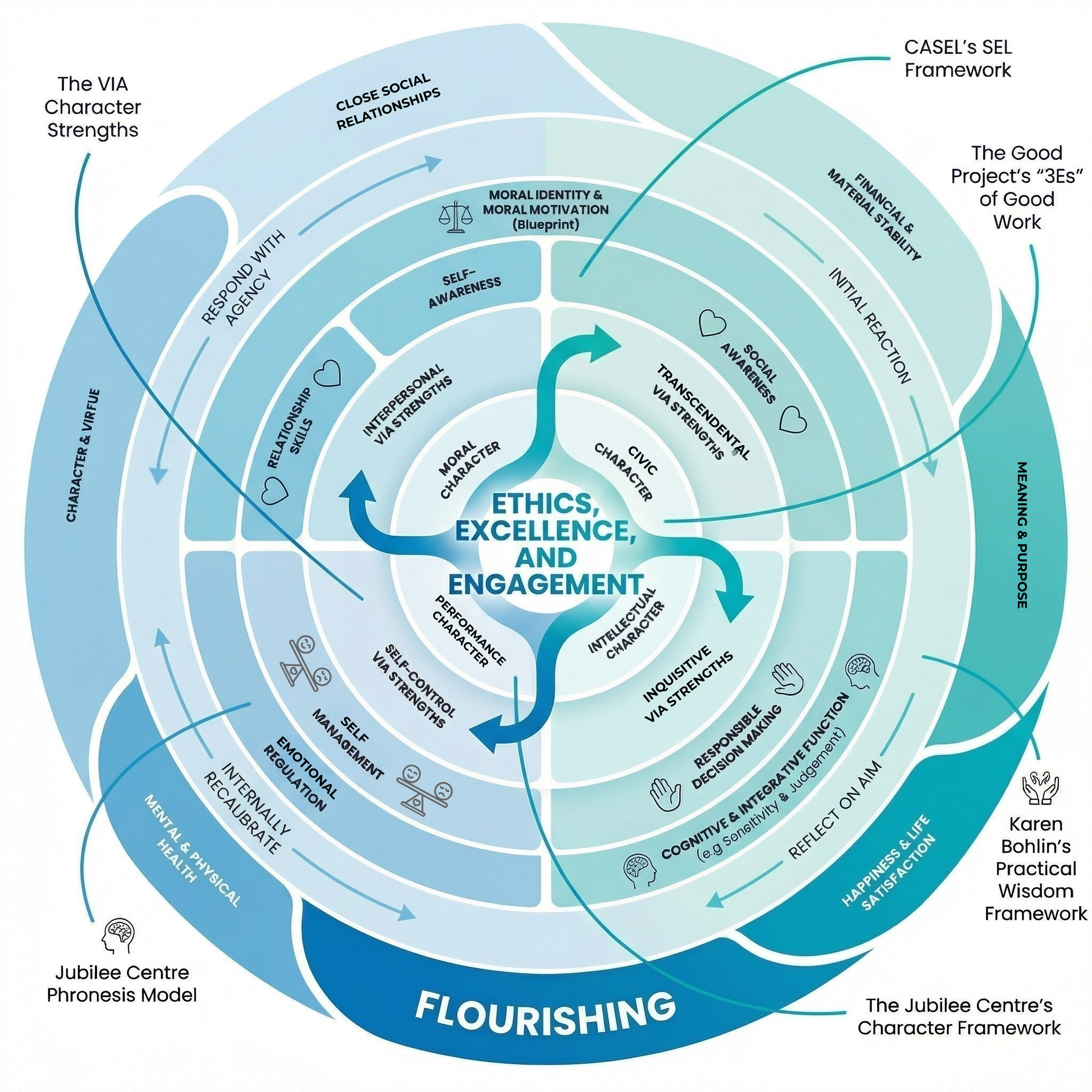by Carrie James
When the militant group, Boko Haram, abducted hundreds of Nigerian school girls last month, the major news outlets began to report the story. Yet worldwide awareness of the crisis didn’t reach a tipping point until the hashtag #BringBackOurGirls began to circulate across Twitter and Facebook. As of May 13, the hashtag was used 3.3 million times on Twitter alone. While some skeptics question whether “hashtag activism” can lead to real world impact, the potential of social media to shine a spotlight on an urgent issue seems clear.
The growing use of social media sites to call attention to political crises and broader social issues is a current area of research for the Good Project. Our research team is part of the MacArthur Youth and Participatory Politics (YPP) research network, an interdisciplinary group of scholars and practitioners who are exploring how digital life affords new modes of participation with civic and political issues.
The YPP network has identified five core “participatory practices” which, while not new in and of themselves, are facilitated in new ways by the digital technologies, social media, and other aspects of the internet. These practices include:
– investigation: researching social issues in order to become more informed
– production: producing content that contains a civic or political message
– circulation: sharing civically- or politically-oriented content created by others
– dialogue and feedback: engaging in discussion of social issues and giving feedback to powerholders
– mobilization: inciting others to take action on behalf of a cause
As part of the YPP network, our Good Participation research team has been conducting qualitative interview studies with civically active youth focused on how they engage these practices online. For instance, we’ve spoken with youth who produce videos or blog posts in which they seek to inform others about issues such as child sex trafficking. We’ve looked at how youth leverage sites like Change.org to mobilize people to sign petitions. We’ve explored how civic youth use Facebook to circulate words or images that signal their beliefs about issues such as gun control, environmental issues, or marriage equality. We’ve found that civically engaged youth are excited by the potentials of digital media for action in the world. Yet, we also find that expressing the civic voice in the digital space – especially given its public, networked nature – can pose challenges and dilemmas, including unintended audiences, uncivil dialogue, and even backlash.
Our work on these issues is being shared in different forms. Researcher Emily Weinstein published an article in the International Journal of Communication about how civic youth manage dilemmas of voice online. Margaret Rundle is the lead author of a forthcoming paper about different approaches youth take to digital civics. In my forthcoming book, Disconnected: Youth, New Media, and the Ethics Gap, I point to broader moral and ethical dilemmas in digital life that are relevant to civic uses of the web as well.
Finally, in an educational initiative called Educating for Participatory Politics, our team is working with Facing History and Ourselves to develop classroom materials that address both the opportunities and challenges for civic participation posed by digital life. We look forward to sharing these materials with our educator community in the near future.
If you are excited to learn more, consider joining us at Project Zero’s San Francisco conference, October 10-12, 2014. The implications of growing up in the digital age for civic education will be a featured theme.





